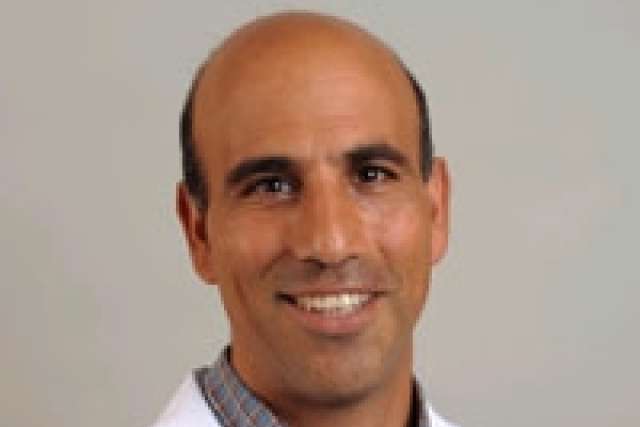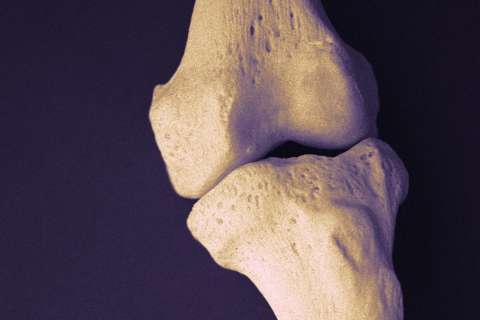Dear Doctor: Should I take large doses of Vitamin D to prevent osteoporosis?
This is an excellent question. Vitamin D appears to be a wonder vitamin in regard to health. For whatever ails you, it seems, vitamin D is the cure.
Vitamin D is so crucial for healthy bones that deficiencies in children lead to the malformed bones seen in rickets. Because vitamin D helps the body absorb calcium, it’s vital for a host of other biological functions as well. In fact, vitamin D acts more like a hormone in that way.
The recommended daily allowance of Vitamin D is 600-800 units. It can be found in foods fortified with vitamin D – and the numbers of those products seem to be increasing – or from fatty fish or eggs. But the majority of the vitamin D that our bodies need begins with UVB light; our bodies use this light to produce the precursors of vitamin D.
Adults who are out in the sun regularly, and have normal vitamin D levels, probably don’t need a vitamin D supplement. A meta-analysis published in the renowned medical journal The Lancet reviewed 24 studies that followed patients who took vitamin D. The research found little change in bone density with supplementation of vitamin D. Some studies found that vitamin D reduced the risk of bone fracture – but only when it was combined with calcium.
Calcium on its own has been shown repeatedly to decrease the risk of fractures. Vitamin D on its own has not been shown to decrease fracture risk.
Some practitioners recommend mega-doses of vitamin D to their patients, causing very high blood levels of vitamin D. But high levels of vitamin D in the bloodstream might actually increase the rate of bone breakdown.
The highest daily intake considered safe by the Institute for Medicine is 4,000 units. If you are taking vitamin D, have your blood levels checked. For the prevention of osteoporosis, the Institute of Medicine recommends a vitamin D blood level greater than 20 ng/mL. The majority of people can achieve this level without supplementation, but if you do supplement, 600 units is more than sufficient.
As for all the other purported health benefits of vitamin D, such as its ability to decrease the risk of cancer and heart attacks, there may be benefit to vitamin D intake, but we’re not sure yet. We need good long-term studies that compare people who take vitamin D daily against those who don't.
Until then, if you don’t have osteoporosis and you do have sufficient vitamin D levels in your blood, there appears to be little additional benefit to taking a vitamin D supplement.
Robert Ashley, MD, is an internist and assistant professor of medicine at the University of California, Los Angeles.
Ask the Doctors is a syndicated column first published by UExpress syndicate.




